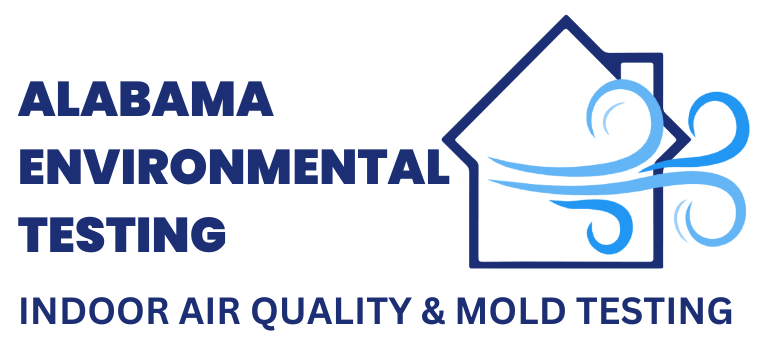Frequently Asked Questions
-
What Are VOC's and How Can They Effect Your Indoor Air Quality?
The term volatile organic compounds include a wide variety of chemical substances with the common feature of being carbon compounds that are volatile at ambient temperature.
They can be classified into different families defined by their chemical formulae, each of which possesses common properties, although there may be major differences in terms of toxicity. For that reason, the effects of VOC on health have to be considered both in an individual way and also from a global viewpoint on account of their common toxic properties and the role they play in the formation of environmental photo-oxidative pollutants, both outdoors and indoors.
-
What is Radon Gas? Is It Dangerous?
Radon is a naturally-occurring radioactive gas that can cause lung cancer. Radon gas is inert, colorless and odorless. Radon is naturally in the atmosphere in trace amounts. Outdoors, radon disperses rapidly and, generally, is not a health issue.
Most radon exposure occurs inside homes, schools and workplaces. Radon gas becomes trapped indoors after it enters buildings through cracks and other holes in the foundation.
Indoor radon can be controlled and managed with proven, cost-effective techniques.
-
What Is Asbestos
Asbestos is a naturally occurring fibrous silicate mineral. There are six types, all of which are composed of long and thin fibrous crystals, each fiber being composed of many microscopic "fibrils" that can be released into the atmosphere by abrasion and other processes. Inhalation of asbestos fibers can lead to various dangerous lung conditions, including mesothelioma, asbestosis, and lung cancer, so it is now notorious as a serious health and safety hazard.
-
What About Private Water Supplies?
If your drinking water does not come from a public water system, or you get your drinking water from a household well, you alone are responsible for assuring that it is safe. For this reason, routine testing for a few of the most common contaminants is highly recommended. Even if you currently have a safe, pure water supply, regular testing can be valuable because it establishes a record of water quality. This record is helpful in solving any future problems and in obtaining compensation if someone damages your water supply.
If you have any further questions that have not been addressed here, please do not hesitate to contact us by phone, email, or through our contact us form.
Service Areas
Mobile County & Baldwin Counties
Residential, Commercial, & Municipal
" We are proud American Veterans providing the very best Indoor Air Quality Testing for our existing and new clients with 19 years of training, certifications and on site experience."


